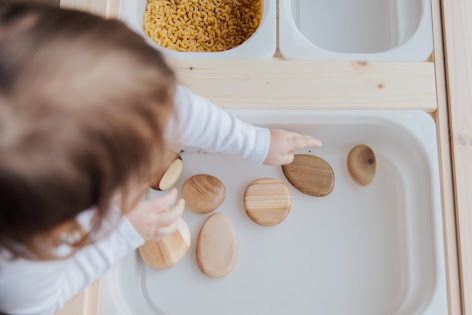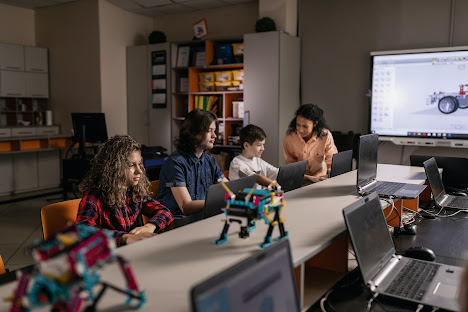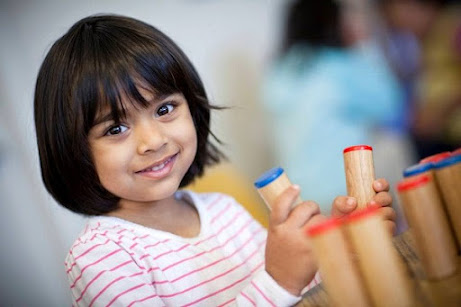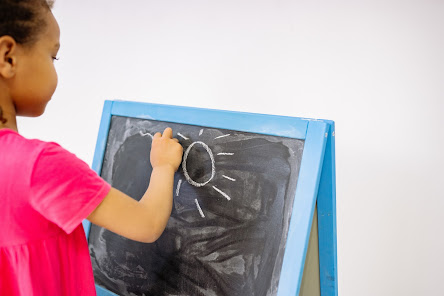Maria Montessori recognized the importance of nature in a well-rounded preschool education. Nature has implications that affect our daily lives, and children thrive when they are given ample time outside. To make sense of the importance of nature in education, here are a few key areas where nature is a big benefit.
Sensory Development
Nature engages all five senses regularly. Birds are chirping, flowers smell pretty, blackberries are sweet, the sky looks blue, and everything has a texture all its own. Getting knees-dirty and hands-deep in nature gives children a front-row seat to the best sensorium in the world: The world itself. From exploring the sound we make walking on different surfaces to discovering the scent of honeysuckle in bloom, nature is important because it has so much to teach. And because nature is engaging for all Montessori preschool children, it makes an excellent medium to work with.
Physical Development
Nature is an excellent place to use pent-up energy, running, and climbing, and bending. Developing physical skills is important in preschool, including fine motor skills like picking up small objects and gross motor skills like skipping. And while it is true that outdoor activities and nature aren't exactly the same, a natural setting is the best classroom.Nature and Social Responsibilities
Learning to understand and care for the environment begins by getting involved in nature's rhythms, and discovering how everything plays a part in keeping the world healthy and clean. By exploring how vulnerable the local environment is, children discover how easy it is to tackle environmental problems one person at a time until everyone is involved.Language and Math
Every species of tree is known by a different name, and many times the thing which sets that tree apart is a different number of lobes on a leaf or some other mathematical factor. Delving into the science of nature provides a constant flow of vocabulary and the use of math concepts and operations. Additionally, using concrete examples for math functions makes it easier to grasp concepts and better retention.From a little time on the playground to hikes through local parks and forests, nature is everywhere you look, and plays a very helpful role in early learning. In Montessori, nature has always held an important place in the prepared environment and teaching structure that engages children by presenting them with educational activities that they enjoy. Every academic or developmental target is a little easier to hit with some help from nature and the world around us.


















.png)








